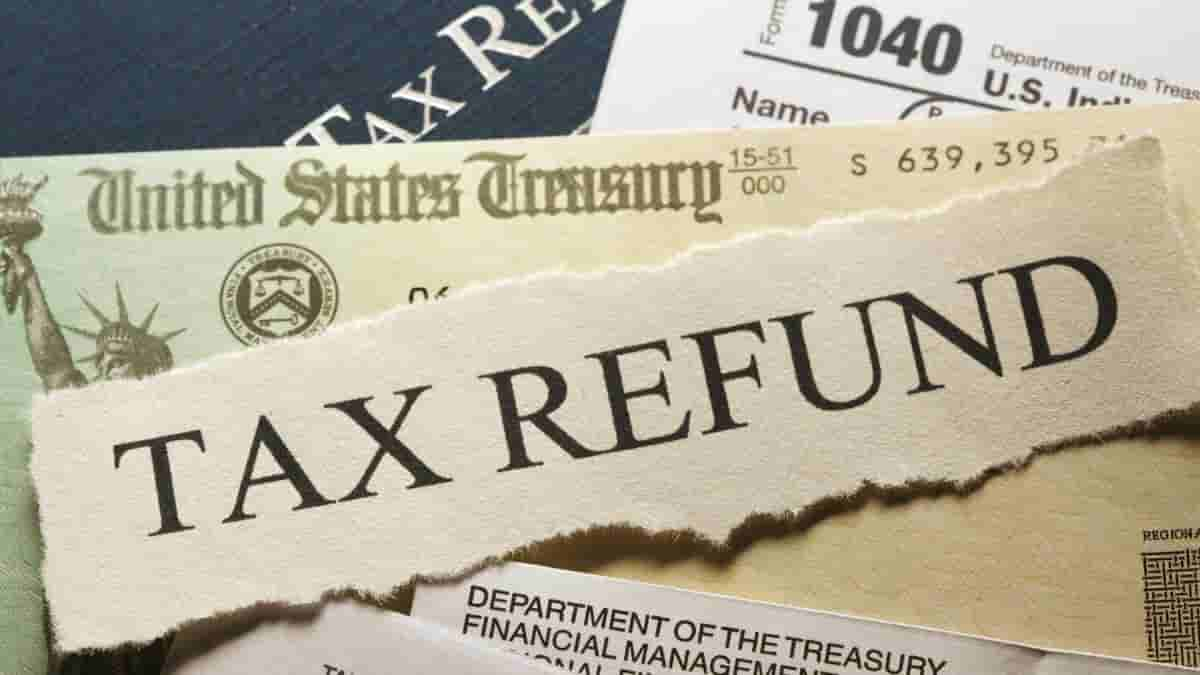The IRS refund you may be owed hundreds or thousands of dollars, but your time to claim it is running out.
An estimated 1.5 million taxpayers are due refunds for 2019. To get the funds, you must file your 2019 tax return by July 17.

“The IRS is still urging people who may have missed filing during the pandemic to do so. So that consumers can take swift action before they miss their last chance to submit a claim for a possibly substantial reimbursement,” IRS Commissioner Danny Werfel said.
According to the IRS, the average return that goes unclaimed is over $900, but low- and moderate-income employees may be entitled to more than $6,500 if their salary makes them eligible for the Earned Income Tax Credit.
The total amount of 2019 refunds due is more than $1.4 billion.
Residents in every state owe money, with tens of thousands of taxpayers in California, Texas, Florida, New York, Pennsylvania, and other states due refunds.
Refunds that taxpayers are due become the property of the U.S.
How to receive an IRS refund
You must first file your 2019 taxes in order to get your refund.
Irs.gov has further information.
You might ask your bank, employer, or any organisations that gave you money in 2019 for any documentation that are missing. On the IRS website, you may also ask for a tax transcript to assist you collect the data you need to submit your 2019 taxes.
Earned Income Tax Credit Eligibility
If you are qualified for the Earned Income Tax Credit, your 2019 refund can be larger. The income limits are as follows:
- For families with three or more eligible children, the tax credit is $50,162 ($55,952 if married filing jointly).
- For people with two eligible children, the tax is $46,703 ($52,493 if married filing jointly).
- For those with one eligible kid, the tax is $41,094 ($46,884 if married filing jointly).
- For those without qualifying children, the amount is $15,570 ($21,370 if married filing jointly).
















